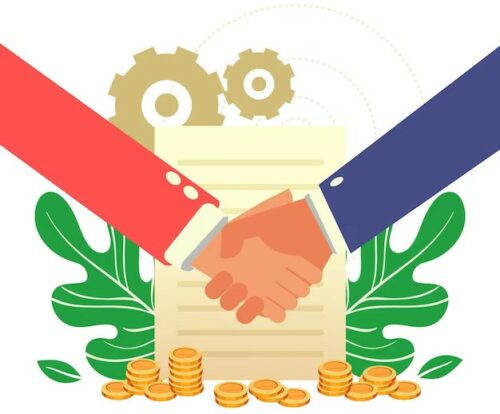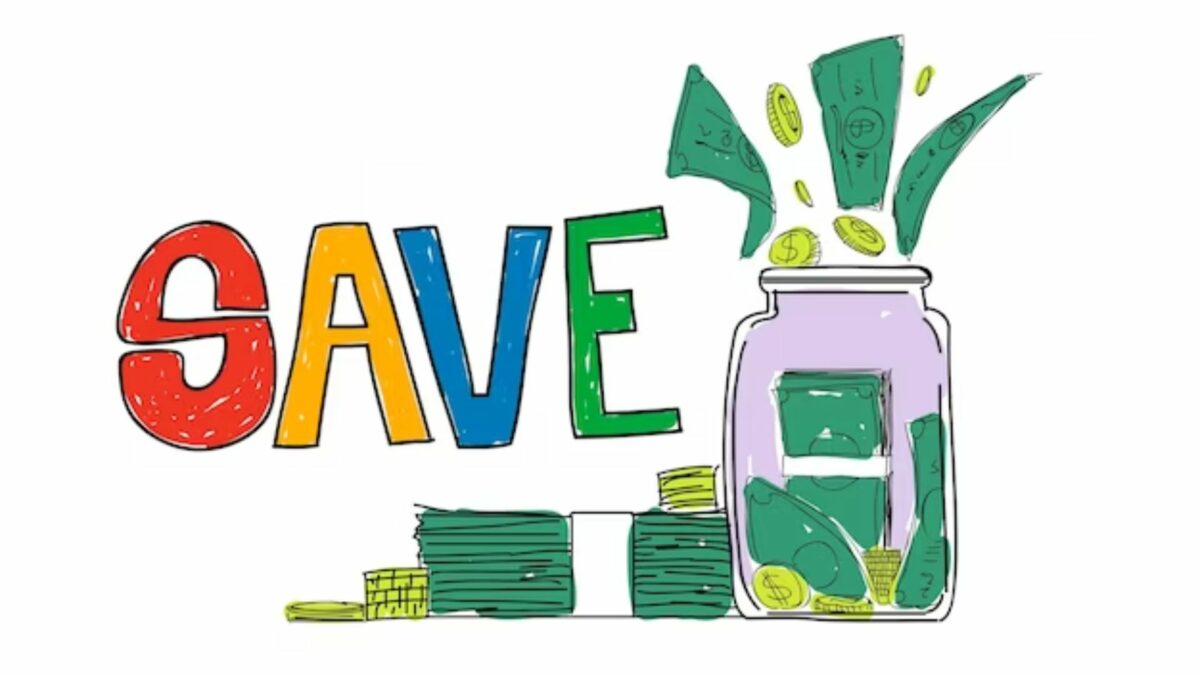“The real minimum wage is zero.”
– Thomas Sowell

Even though going to the gym typically only takes me about 40 minutes – 5 minutes of driving each way and 30 minutes of working out – my Monkey Brain is incredibly lazy. Why spend 40 minutes huffing and puffing when I could sit at home and play with the dog or surf the Internet or nap? Monkey Brain likes all of those options much better than the one that involves me lifting various heavy (to me) objects and grunting like I’m…well, I need go no further in that simile. Usually, the way I manage to negotiate with him is to reframe the options we face.
MONKEY BRAIN: “NO GYM. GYM HURT. FACEBOOK NOT HURT.”
Me: “We can go to the gym now and not have to go for two days, or we can go twice as long in two days AND have to pay a lot more in healthcare costs later, which means fewer bananas in the future.”
MONKEY BRAIN: “$#*$(#($*”
And off to the gym we go.
As we’ve previously seen in “Sacred Cows Make Great Burgers,”, saving a little bit more now can have a major impact in how long we have to work, so the reward for saving more now is very high compared to whatever it is we might buy with that small amount of money now. As we saw in “How Much Do You Have to Save to Have One Less Year of Work?”, it doesn’t take a lot of incremental saving now to accelerate our retirement by one year later.
If the amount of sacrifice we require now is relatively little compared to the gains we make later, why is it so hard for us to squeeze a little more out of our budgets in order to make that dream come true?
According to research from the University of Pennsylvania and Stanford University, we’re simply presenting the wrong deal to Monkey Brain. Our usual proposition to Monkey Brain when it comes to saving for retirement goes something like this:
You: “We should save 17% of our earnings now so we can retire comfortably at age 65. Deal or no deal?”
Monkey Brain: “NO DEAL.”
Thus, we continue to live our merry lives, running along on the hedonic treadmill and doing our best to keep up with the Joneses, until one day, we’re suddenly faced with the realization, usually 10 years before retirement, that we’ve left ourselves with an enormous mountain to climb in a very short time and Social Security won’t provide the safety net we thought it would.
How Can We Sweeten the Deal for Monkey Brain

First off, allow me to explain to new readers who Monkey Brain is. Our brains have two main components. There’s the prefrontal cortex that controls our thinking selves. When you think and contemplate and wax philosophical, that’s your prefrontal cortex at work. It’s what separates us from the rest of the animal kingdom. We also have a part of the brain that we share with other animals called the limbic system. Its primary purpose is to keep us alive and away from danger that it thinks is imminent. Back in the days of caves and woolly mammoths, it was very useful, as it told us to run away when mammoths attacked and to wolf down as much mammoth as we could when we were successful in the hunt because we never knew where the next mammoth would come from.
Nowadays, though, we don’t have to worry about our immediate survival. However, our limbic system – what I call Monkey Brain, since it’s what we share with monkeys – likes to hoard and get immediate gratification, because it doesn’t know where the next mammoth is going to come from. We have to work hard to overcome Monkey Brain’s desires so that we don’t put ourselves in a perpetual state of living from hand to mouth.
According to the previously cited research by Eran Magen et al, Monkey Brain does like sequences of improving rewards. If someone asks you if you’d like $100 in 365 days or $101 in 366 days, you’ll choose the second option, as it’s more money. However, most people, given the choice between more immediate rewards and more delayed rewards, will choose a lower value, more immediate reward, choosing, for example, $90 tomorrow over $100 in 18 months.
In order to overcome this temptation, the research shows, if we incorporate a concept known as the “hidden zero,” then we can convince Monkey Brain that delayed rewards actually are in his best interest too.
Let’s take the previous example where most people would have accepted $90 now instead of $100 in 18 months. According to Magen’s research, reframing the question in the manner below increases the willingness to delay gratification by approximately 50%:
Would you rather have $90 now and $0 in 18 months, or $0 now and $100 in 18 months?
What happened?
Because the question adds the implied choice of taking nothing at different points in time, we’re forcing Monkey Brain to look at downsides of each choice, in this case, calling out the “hidden zero.” It also reduces the impact of hyperbolic discounting, where Monkey Brain views rewards that happen in the future as much less valuable than rewards now, giving us the ability to more objectively weigh the internal rewards now versus rewards later debate between our thinking selves and Monkey Brain.
The most obvious implication for the “hidden zero” is in planning for our retirement. We tend to only think of current sacrifices versus current pleasures and don’t explicitly call out the impact of our choices. Let’s look at how we can change this.
Imagine a 45 year old who makes $5,000 a month in take-home pay. He could invest in the stock market and get a 6% average return (to see why I chose 6% as an example, you can read “Six Areas Where I Disagree With Dave Ramsey’s Investing and Retirement Advice”). If he just says to himself “Self, I should save $1,000 a month now,” Monkey Brain is going to howl in agony, fling bananas, shake his cage, and be such a nuisance that eventually, our imaginary person will give in and not save like he should.
Instead, though, he could frame it this way:
Self, I could spend $4,000 a month now and have about $500,000 in the bank at age 65, or I could spend $5,000 a month now and have $0 in the bank at age 65.
Even though Monkey Brain isn’t the most facile with numbers, he’s going to see two comparisons: $0 vs $500,000 and $4,000 vs $5,000.
Big numbers will win.
Instead of simply comparing choices now and rewards later, go the extra step. Work out how much Monkey Brain is losing by not making small sacrifices now and put it on a Post-It note on his cage. Once you force him to compare his choices to having nothing later, he’ll become a lot more compliant.
Put another way:
I can have chocolate cake now and no clothes that fit later or I can have no chocolate cake now and all of my clothes fit later.
Have you ever tried the power of zero on Monkey Brain? How are you going to use this to improve your life? Let’s talk about it in the comments below!
Author Profile
- John Davis is a nationally recognized expert on credit reporting, credit scoring, and identity theft. He has written four books about his expertise in the field and has been featured extensively in numerous media outlets such as The Wall Street Journal, The Washington Post, CNN, CBS News, CNBC, Fox Business, and many more. With over 20 years of experience helping consumers understand their credit and identity protection rights, John is passionate about empowering people to take control of their finances. He works with financial institutions to develop consumer-friendly policies that promote financial literacy and responsible borrowing habits.
Latest entries
 Low Income GrantsSeptember 25, 2023How to Get a Free Government Phone: A Step-by-Step Guide
Low Income GrantsSeptember 25, 2023How to Get a Free Government Phone: A Step-by-Step Guide Low Income GrantsSeptember 25, 2023Dental Charities That Help With Dental Costs
Low Income GrantsSeptember 25, 2023Dental Charities That Help With Dental Costs Low Income GrantsSeptember 25, 2023Low-Cost Hearing Aids for Seniors: A Comprehensive Guide
Low Income GrantsSeptember 25, 2023Low-Cost Hearing Aids for Seniors: A Comprehensive Guide Low Income GrantsSeptember 25, 2023Second Chance Apartments that Accept Evictions: A Comprehensive Guide
Low Income GrantsSeptember 25, 2023Second Chance Apartments that Accept Evictions: A Comprehensive Guide

